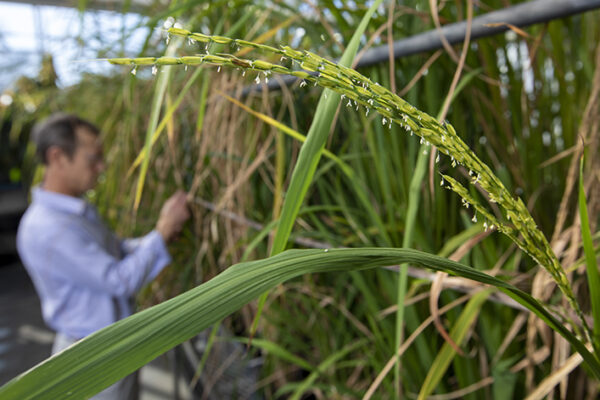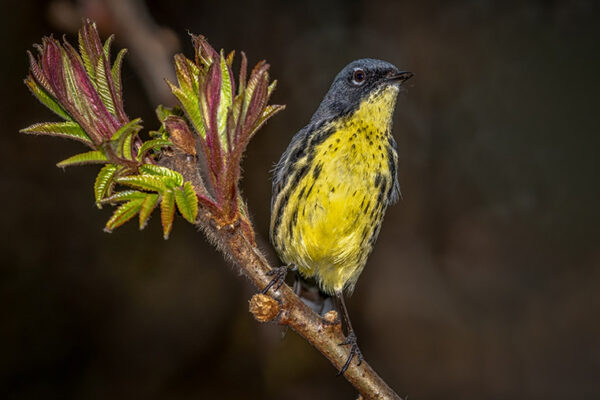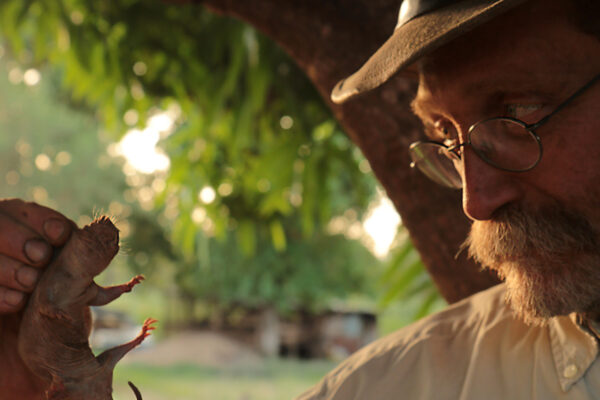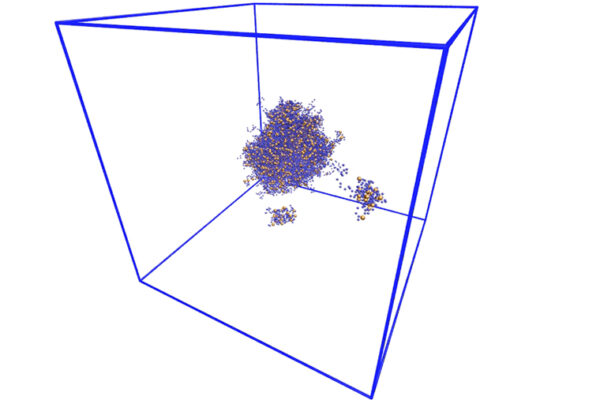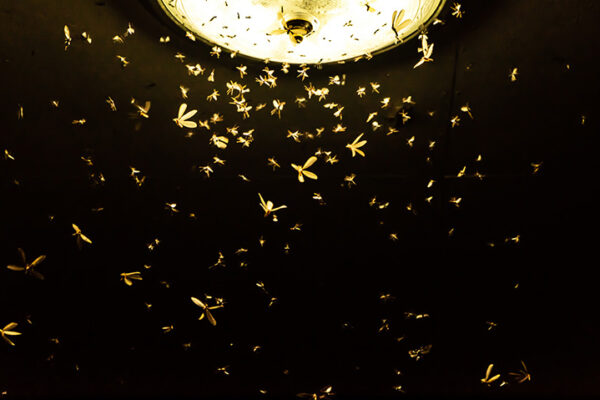Rice, know thy enemy: NSF grants $2.6M to study weedy invader
Weedy rice — or rice gone rogue — costs U.S. farmers more than $45 million annually. A team led by Washington University in St. Louis will characterize the genetic basis and origins of the traits that allow weedy rice to invade rice fields, reduce yields and contaminate harvests.
Birds of a feather better not together
Diversity plays a key role in maintaining the stability of plant and animal life in an area. But it’s difficult to scale up smaller experiments to understand how changes will impact larger ecosystems. A new study of North American birds from biologists in Arts & Sciences reveals the importance of both total numbers and variation in species identities.
Tracking the migration of a naked mole rat
Stan Braude, a biologist in Arts & Sciences, published a new study in the African Journal of Ecology that considers the role of the moon in driving a particularly rare occurrence: the solo journey of a naked mole rat from one underground colony to start a new one.
WashU Expert: Ingredients for a virus to become a pandemic
In this video, Washington University in St. Louis’ Michael Vahey discusses what it takes for a virus such as the coronavirus to reach pandemic status.
Collaboration lets researchers ‘read’ proteins for new properties
A collaboration between the McKelvey School of Engineering and St. Jude Children’s Research Hospital uncovers the underlying rules that, when broken, contribute to neurodegenerative diseases such as ALS.
Grain traits traced to ‘dark matter’ of rice genome
Researchers from Washington University in St. Louis and the Chinese Academy of Agricultural Sciences discovered that rice domestication relied on selection for traits determined by a poorly understood portion of the rice genome.
And then there was light
New research from Washington University in St. Louis provides insight into how proteins called phytochromes sense light and contribute to how plants grow. Biologists used sophisticated techniques to structurally define the sequence of events that support the transition between light- and dark-adapted states.
Four ways to curb light pollution, save bugs
Want to help stop the decline of our insect friends? A new publication from Brett Seymoure in Arts & Sciences shows how artificial light at night negatively impacts thousands of species that have evolved to use light levels as cues for courtship, foraging and navigation.
Straight from the source
Arpita Bose, assistant professor of biology in Arts & Sciences, has published new work that reveals how one kind of bacteria “eats” electricity by pulling in electrons straight from an electrode source. The research is published Nov. 5 in mBio.
WashU Expert: This year, let’s make standard time permanent
A Washington University in St. Louis expert on circadian rhythms says the country should be on standard time permanently. The science behind the choice is clear: standard time is better in terms of sleep, cardiac function, weight, cancer risk and alcohol and tobacco consumption.
Older Stories
